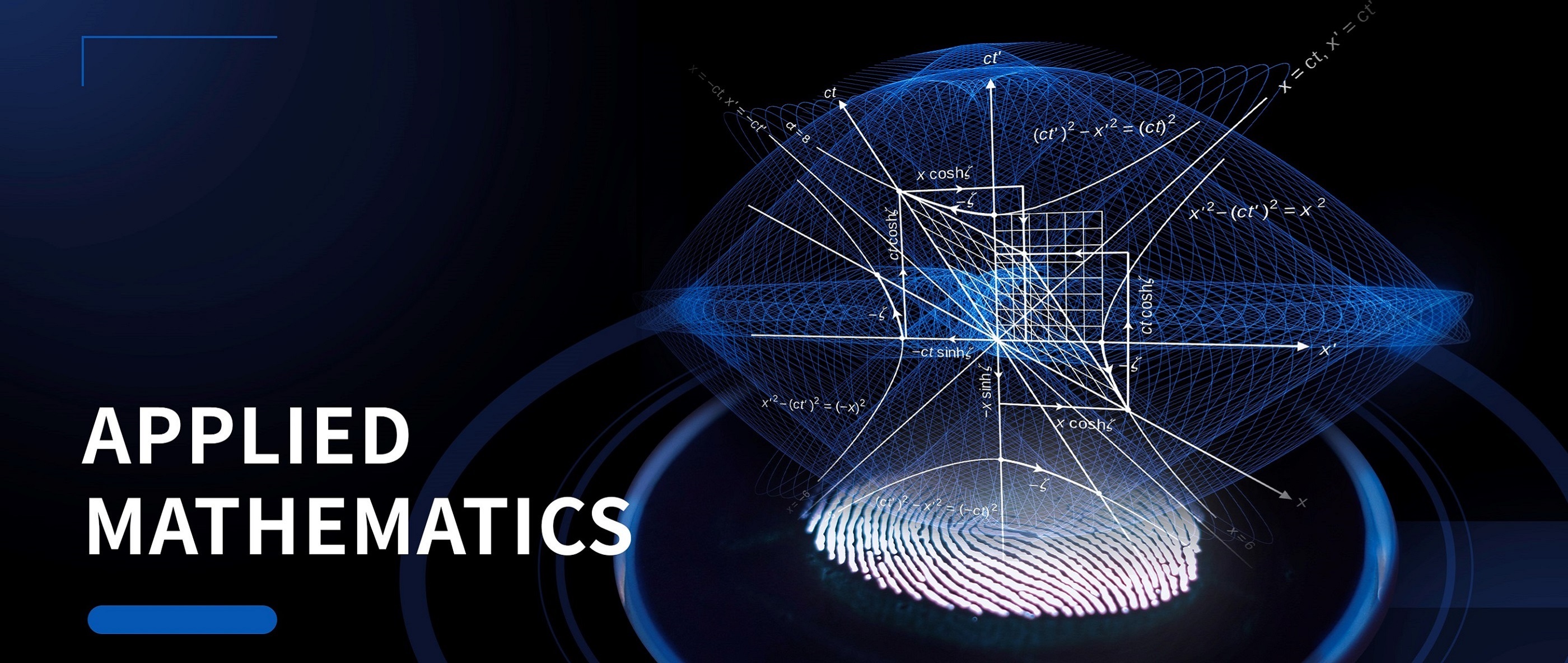- Enseignant: Abderrazzak Baba Ahmed

The Chemistry of Solutions course focuses on the study of solutions and their properties. It explores concepts of concentration (molar, mass, volume, etc.), the phenomena of electrical conductivity in ionic solutions, and related laws, such as Kohlrausch’s law. Students learn to understand solute-solvent interactions, chemical equilibria in solutions, and practical applications in analytical and industrial chemistry. This course is essential for mastering the fundamentals of solution chemistry, widely used in fields such as process engineering, environmental science, and industry.
- Enseignant: Salima LARBAOUI

- Applications of multiple integral have many applications in various fields such as physics, engineering, economics, and statistics. For example, they can be used to calculate the area of irregular shapes, the volume of complex objects, the mass of three-dimensional objects with varying density, or the average value of a function over a region.
- At the end of this course, the student should be able to understand the different types of series and their conditions for convergence, as well as the various types of convergence.
- Enseignant: Halima Kadari
- Enseignant: Soraya Seghier
- Enseignant: Abderrazzak Baba Ahmed
